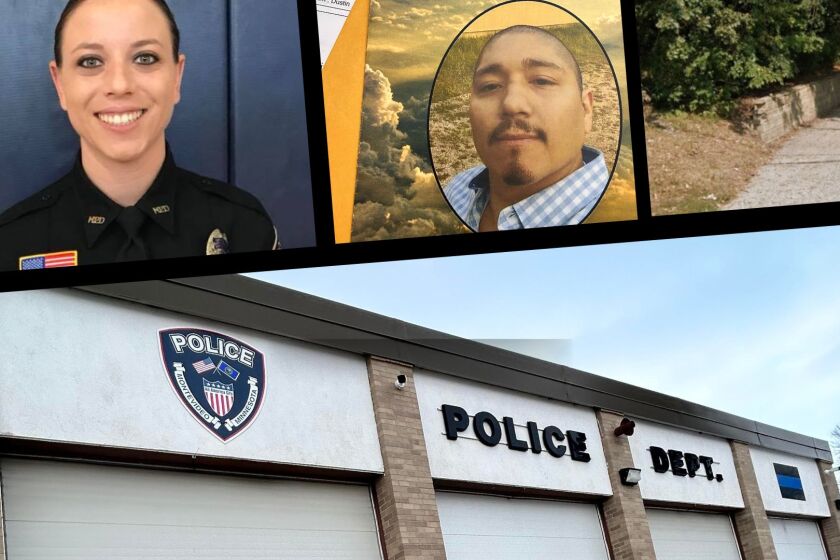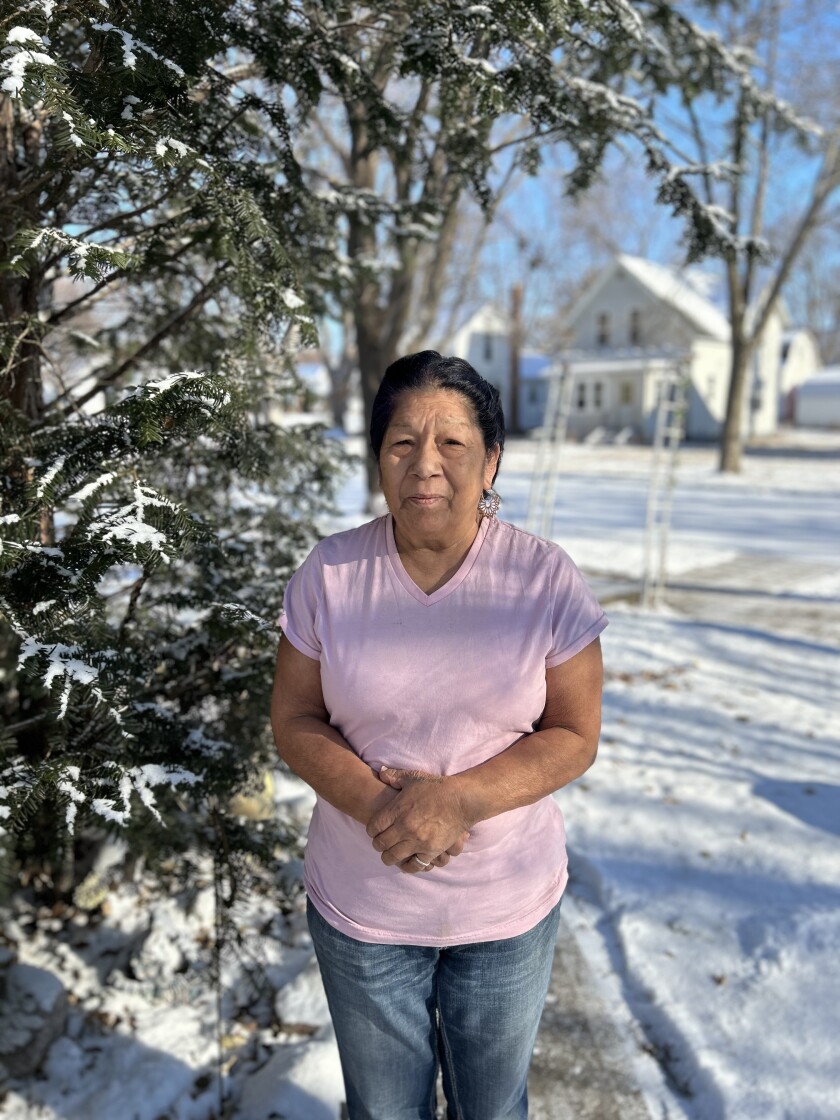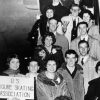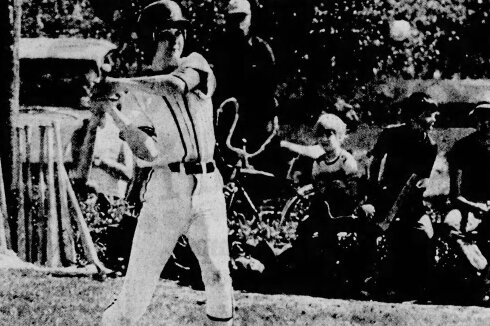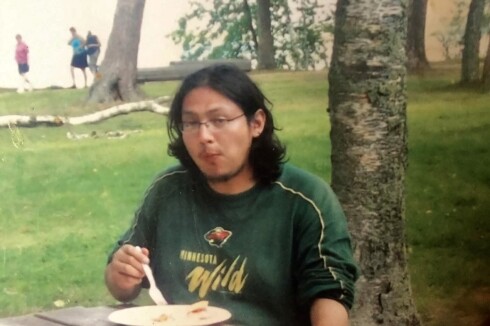Editor’s note: This is part 2 of an ongoing series on the investigation into the death of 36-year-old Refugio Rodriguez. To read part 1, click here.
MONTEVIDEO, Minn. — A Minnesota police investigator who closed the case on a possible murder after labeling it a suicide was simultaneously under fire for shoddy police work in another case, according to court records.
ADVERTISEMENT
The matter raises serious concerns for the family of Refugio Rodriguez. Montevideo, Minnesota, Police Department investigator Carmen Beninga closed the investigation into Rodriguez's September 2020 death despite multiple credible leads indicating his death might have been a hitjob, a Forum News Service investigation has shown.
The matter raises serious concerns for the family of Refugio Rodriguez. Montevideo, Minnesota, Police Department investigator Carmen Beninga closed the investigation into Rodriguez's September 2020 death despite multiple credible leads indicating his death might have been a hitjob, a Forum News Service investigation has shown.
Full story can be found here.
Beninga “deliberately or recklessly misrepresented the facts” in a 2019 search warrant application on a different case that resulted in the raid of a Montevideo family’s home, a Chippewa County judge determined on Nov. 3, 2020. The judge voided the search warrant, resulting in the related charges being dropped.
“It’s disturbing and shocking knowing that the justice system decided to assign Carmen to my brother’s case,” Ana Torres, Rodriguez’s sister, told Forum News Service. “Who do we run to for help? Who can we trust in the police force?”
As the case at the center of the search warrant was playing out, Rodriguez’s body was found on a popular walking path in Montevideo, a community of roughly 5,000 residents. The initial incident report indicated he was found hanging from a tree on Sept. 20, 2020, by a passerby. He was found kneeling with a hose, attached to a tree, around his neck.
Beninga closed the investigation into Rodriguez’s death without pursuing multiple leads indicating his life had been threatened for allegedly working as a confidential informant, a Forum News Service investigation found.
No attempts were made by Beninga to contact the names Rodriguez believed were out to get him. Instead, his death was ruled a suicide.
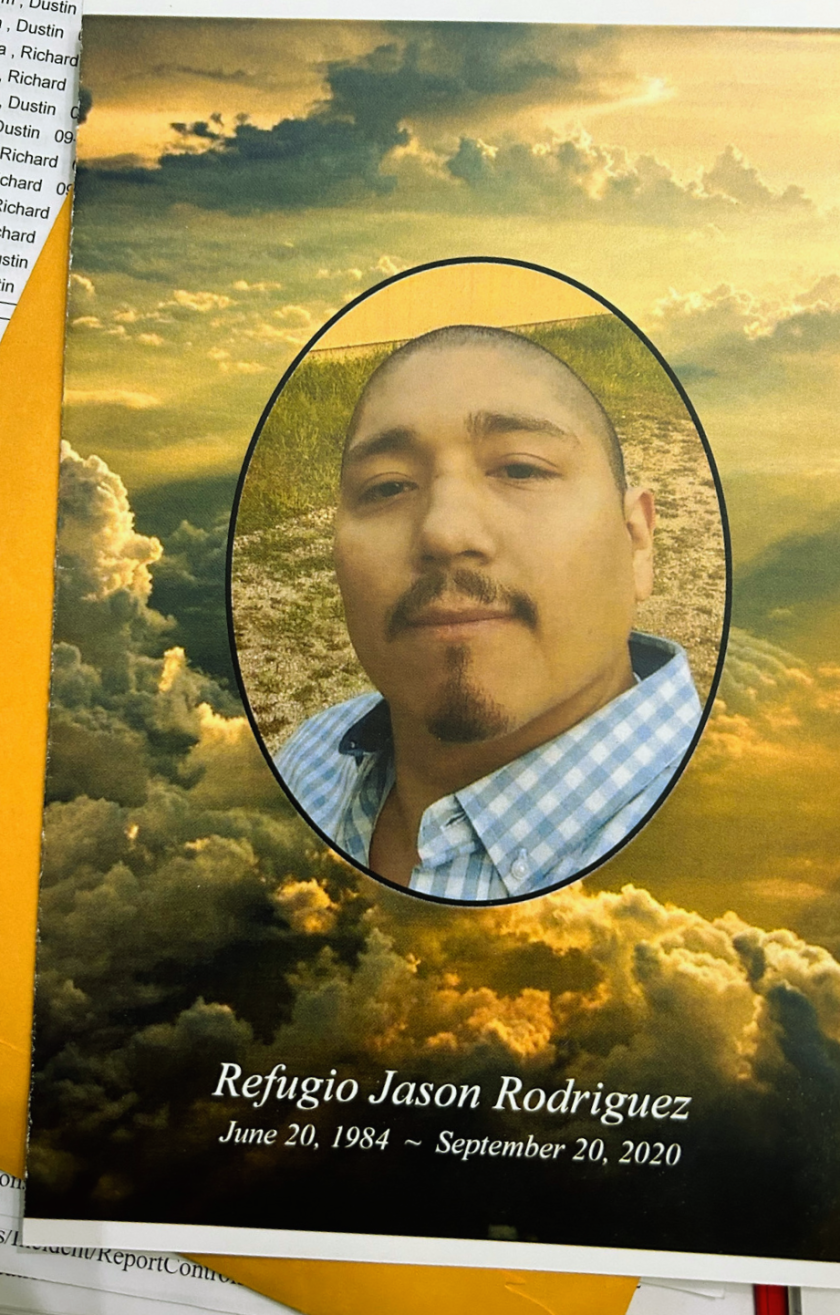
According to a Montevideo Police Department Facebook post , Beninga was sworn in as a full-time officer at the department in December 2015. She was previously a part-time officer as well as working full time for the police department in Dawson, Minnesota.
ADVERTISEMENT
Montevideo Police Department Chief Ken Schule did not return multiple requests for comment on Beninga's record and her role as investigator at the department.
Beninga’s raid
Carrie Shelstad was at work when she got the phone call.
Her Montevideo home, which she shared with her partner Warren Adams, and her children, was being raided by police officers. Her children were on their way home from school.
“I guess that's just the part that will, I guess, haunt me forever,” Shelstad said in an interview with Forum News Service. “They could have come when the kids were in school. Or, you know, just knocked on the door and asked to talk to Warren.”
When she arrived at her house that day, on Nov. 18, 2019, Shelstad was confronted by police officers . The search warrant shown to her indicated Adams had sold a stolen firearm stemming from a large-scale theft of valuable belongings from a North Carolina home. The warrant indicated there was probable cause to believe he was involved.

Except, Adams didn’t sell a stolen firearm — and he wasn’t involved. He had no connection to North Carolina or the theft in question.
This was confirmed when Shelstad and Adams contested the search warrant.
ADVERTISEMENT
On Nov. 3, 2020, District Court Judge Thomas Van Hon determined Beninga had applied for the search warrant under false pretenses. All charges stemming from the search warrant were dropped.
“She chose to omit evidence. That’s not her choice. Her job is to present evidence to the judge, so that he can decide whether there is probable cause of a crime,” Shelstad said in an interview with Forum News Service. “And she didn’t do that.”
The judge claimed Beninga “had obvious reasons to doubt the accuracy of the information she reported.” Her actions were described by the judge as reckless.
Two days after the raid, a post was published on the Montevideo Police Department Facebook page regarding the department’s role in the raid. Adams and Shelstad were named. Even after a judge ruled the raid unlawful, the Facebook post remains. It has not been deleted or corrected.
The ‘stolen’ gun
At the heart of the search warrant was a shotgun that Adams sold to a nearby online auction service. When the purchaser took the shotgun to the Benson Police Department to be checked through the National Crime Information Center database, the gun was flagged as stolen.
The problem, though, was that the wrong serial number was entered into the database.
Benson Police Officer Michael Nadeau testified in court that he entered the model number as the serial number in the database, unintentionally omitting the decimal point. It registered the gun as reported stolen from North Carolina.
ADVERTISEMENT
Nadeau turned the case over to the Montevideo Police Department.
The case was sent to Beninga’s desk.
When investigating the case, Beninga didn’t catch the missing decimal point. She moved forward with the investigation, obtaining photos of the alleged stolen gun.
Those images showed discrepancies in the physical description. The stolen weapon had a blond custom finish with burn marks from a torch. That differed from the physical description of the shotgun Adams sold. Adam’s firearm had a dark wooden finish with no burn marks.
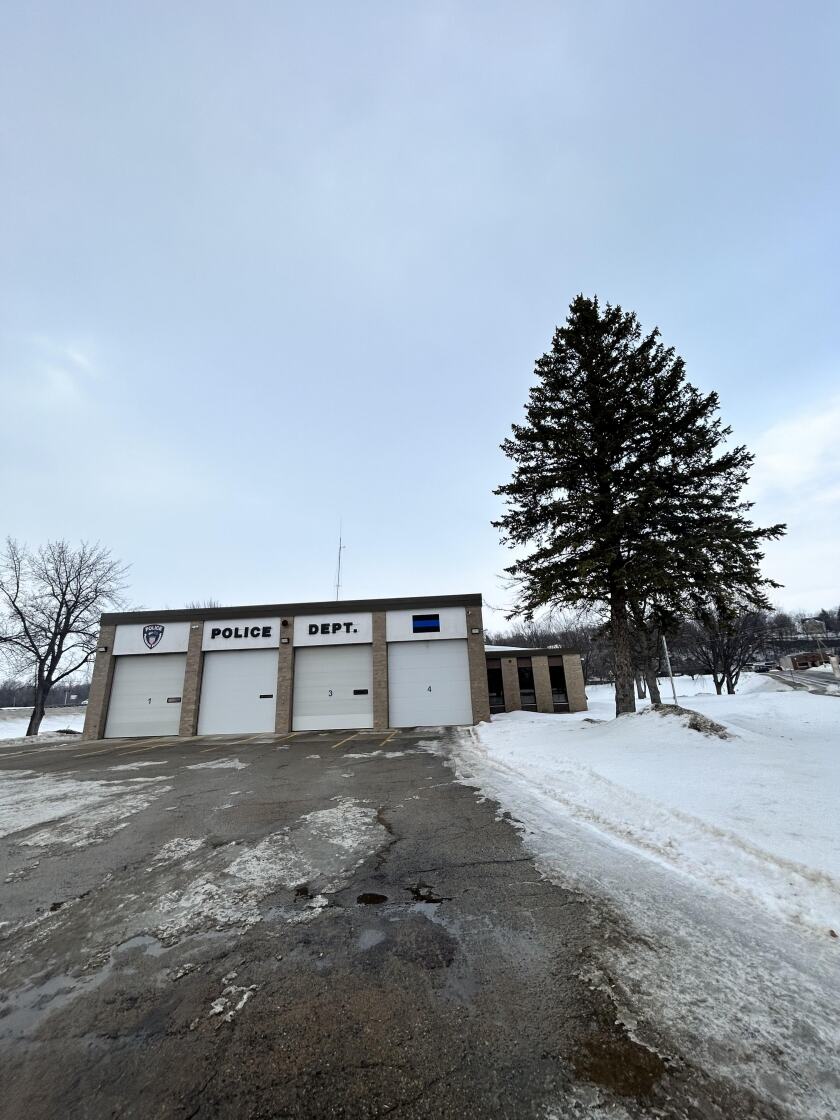
Beninga did not include those discrepancies in the search warrant application.
Beninga also learned in her investigation that those with knowledge of the theft believed it was carried out by someone who was familiar with the residence from which the gun, among other items, was stolen, according to court documents.
In her investigation, Beninga did not seek out information related to any potential connections Adams had to North Carolina. She did not investigate whether Adams had recently been to North Carolina. As it turns out, he’s never traveled there.
ADVERTISEMENT
“The part that just showed such incompetence, and I guess lack of training and education, is that this supposed gun stealing took place way out in North Carolina," Shelstad said. “They had no evidence that Warren had ever been there, which, he has never been there.”
That information was also omitted from the search warrant application.
Instead, Beninga submitted a search warrant application that stated she had confirmed, through her investigation, that the gun in question was the stolen firearm from North Carolina. She claimed probable cause to believe Adams could be connected to the large-scale theft from which the gun originated.
But, as Beninga said in court, she knew the gun in question didn’t match the description of the stolen firearm. In her testimony, Beninga said she did not include the physical description discrepancies in the search warrant application because she assumed the owner of the gun “made a mistake” and “most likely just mixed it up with one of the other guns.”
That assumption didn’t sit well with the judge.
“The Court does not find that Beninga acted intentionally to deceive the Court. However, omissions and misstatements amounted to more than mere negligence, because Beninga had obvious reasons to doubt the accuracy of the information she reported,” the judge wrote in his conclusion.
Shelstad and Adams went on to file a civil lawsuit against Beninga and the police department, but chose to walk away from the case, citing, in part, the emotional toll they’d already endured.
ADVERTISEMENT
Six days after the judge determined Beninga had omitted evidence in the search warrant application, Beninga filed her last entry in the case pertaining to Rodriguez’s death.

